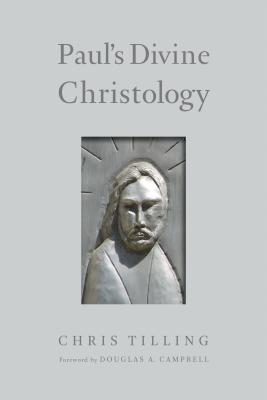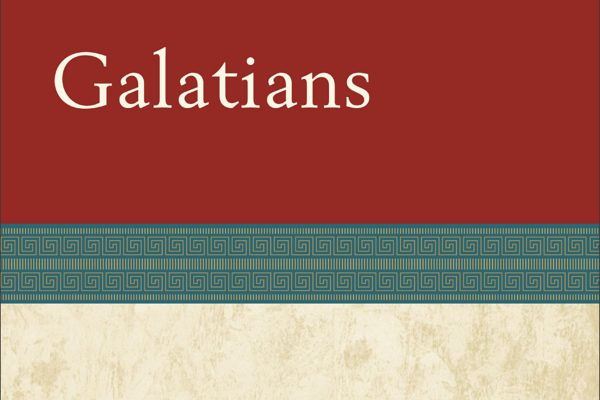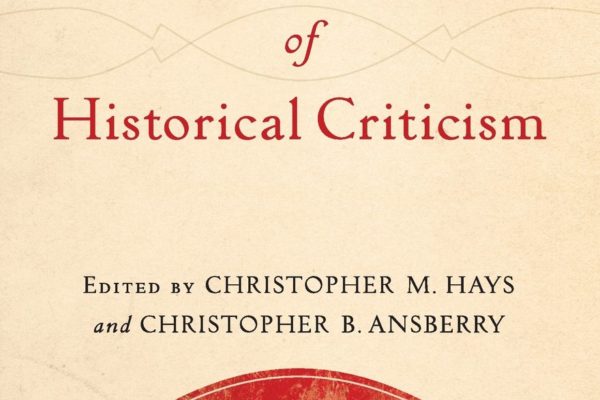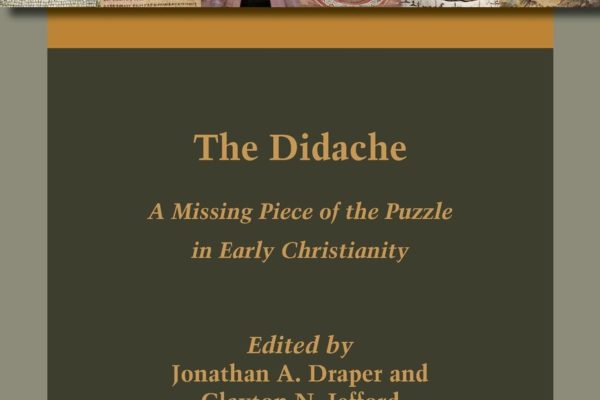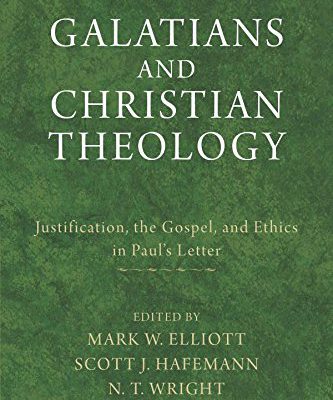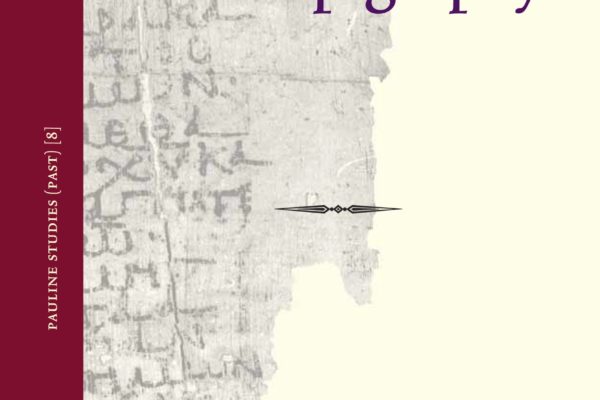Greek Matters: Colossians 1:9-12 and Pleasing God
How can we please God? Colossians 1:9-12 is a complex passage with lots of participles and prepositional phrases. One could translate each clause and read it well enough, but analyzing the paragraph as a whole enables us to see what the major idea of the passage is and how Paul develops that idea. After Paul tells his readers that he always thanks God for their faith, hope, and love, he continues on that basis (Διὰ τοῦτο, “because of this”) to say that he never ceases praying and asking “that you might be filled” (ἵνα πληρωθῆτε) with the knowledge of God’s will….


